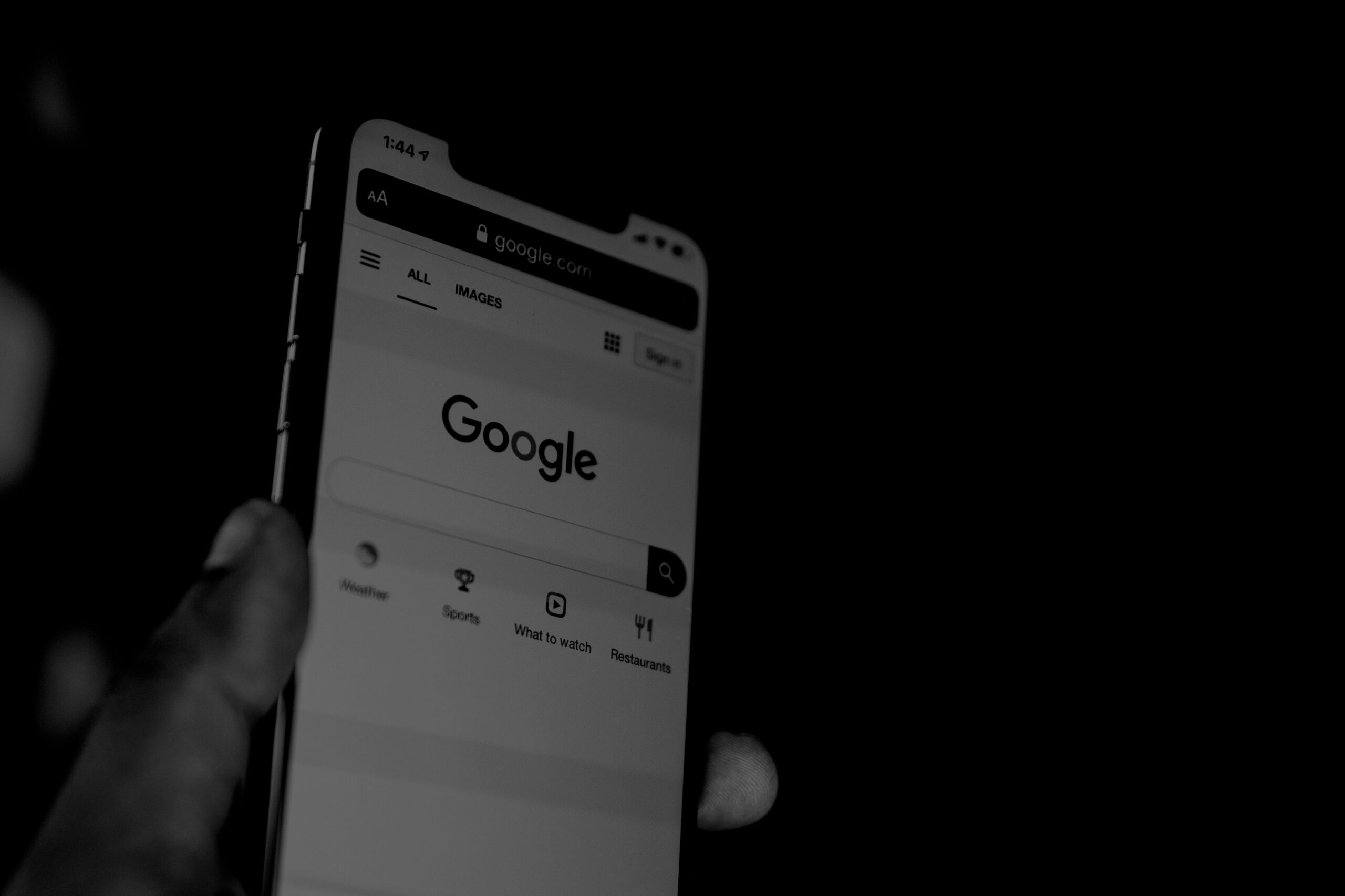When it comes to online marketing, one of the most crucial elements for success is choosing the right SEO keywords for your hotel. Keywords act as the foundation for your content marketing strategy, driving potential guests to your website and helping you rank higher on search engine results pages (SERPs). In the competitive hospitality industry, understanding how to target the right keywords can make all the difference between a fully booked hotel and an empty one.
In this guide, we’ll walk you through the process of finding the most effective keywords for your hotel’s SEO strategy. We’ll cover everything from what keywords are and why they matter, to how to research and implement them to improve your online visibility. We’ll also explore some of the best tools for keyword research and provide actionable tips for incorporating them into your website’s content.
In the world of SEO, keywords are the terms people type into search engines when they are looking for specific information. For hotels, these search terms are often tied to the location, amenities, and the experience that a guest is looking for. Optimizing your website for the right keywords allows you to appear in front of travelers actively looking for places to stay, increasing the chances of them booking directly with your property.
By choosing the right hotel-related keywords, you can ensure your property stands out against the competition. When you rank higher on search results, you increase the chances of attracting more organic traffic, which leads to more bookings without the need for paid ads.

At its core, a keyword is a word or phrase that describes the subject of a webpage or any term that users search for when they want to find information on a specific topic. When people search for hotels, they use keywords such as “best hotel in Paris” or “San Francisco boutique hotel” to find suitable accommodation options.
Search engines, like Google, utilize complex algorithms to match search queries with relevant websites. To rank higher, your hotel needs to use keywords effectively so that Google can identify your content as valuable and relevant to those searching for it.
However, competition can be fierce, especially for broad keywords like “hotel in Paris,” where larger platforms such as Booking.com, TripAdvisor, and Expedia dominate the rankings. For hotels that want to stand out in search results, it’s important to go beyond these general terms and target more specific phrases that align with guest intentions.
At LenGreo, we understand that the hospitality industry is highly competitive, and standing out online requires a comprehensive, tailored approach to digital marketing. As a full-service marketing and tech partner, we specialize in B2B digital marketing strategy, SEO, lead generation, and web development, helping businesses like yours scale and grow. With our proven track record in various industries, including SaaS, biotech, and eCommerce, we are well-equipped to take your hotel’s online presence to the next level.
Our team has extensive experience working with businesses across multiple sectors, ensuring that we bring the best practices and strategies to your hotel’s digital marketing efforts. Whether you’re looking to improve your local SEO, boost your search engine rankings, or refine your content strategy, we provide tailored solutions that deliver real, measurable results.
LenGreo has helped businesses achieve impressive outcomes, such as increasing the annual client acquisition rate for a US software development company by 400% and boosting conversion rates for Ukrainian IT companies by 53.6%. Our ability to identify the most effective SEO keywords and implement them strategically has been a key factor in these successes. We focus on building long-term SEO strategies that are designed to grow your organic traffic and enhance your online visibility.
Our services don’t stop at SEO. We offer a wide range of digital marketing solutions that can be customized to fit your hotel’s needs. From optimizing your digital marketing strategy to creating user-friendly, conversion-focused websites, we provide comprehensive support to help elevate your hotel’s brand. We also specialize in paid ads and lead generation campaigns that drive high-quality leads and generate meaningful business opportunities.
By choosing LenGreo, you’re partnering with a team that not only understands the complexities of SEO but also knows how to leverage technology and marketing strategies to create long-lasting business success. Let us help your hotel rise above the competition and attract more guests through innovative digital marketing tactics.
User intent refers to what a person is actually trying to accomplish when they conduct a search. In the case of hotels, understanding the different stages of the booking journey can help you identify which keywords are most relevant to your target audience.
How Hotel Keywords Align with User Intent
The booking process for a traveler is similar to a funnel. At the top of the funnel, users are in the early stages of planning their trip and may be searching for broad keywords. For example, someone who wants to visit New York might search for “hotels in New York City.” These users may not be ready to book just yet and are still researching their options.
On the other hand, users further down the funnel are likely to be searching for more specific terms, such as “best hotels near Central Park” or “luxury hotel with rooftop pool in NYC.” These users have a higher intent to book, and by targeting these long-tail keywords, you can increase the chances of attracting those ready to make a reservation.
Long-tail keywords are search phrases that are more specific and longer, typically containing three or more words. While long-tail keywords tend to have lower search volume, they often result in higher conversion rates because they target more precise user intentions.
For instance, if someone searches for “family-friendly hotels in Orlando near Disney,” they are likely a family planning a trip to Disney World. By optimizing your website for long-tail keywords like this, you can attract more qualified traffic – people who are actively searching for what you offer.
In the competitive hotel industry, targeting long-tail keywords can be a more effective strategy than competing for highly generic terms. By focusing on these specific queries, you’re speaking directly to travelers looking for exactly what your hotel provides.
Keyword research is the process of identifying the terms and phrases people use to find your services. Conducting thorough keyword research will ensure that you target the most relevant keywords that align with your hotel’s offerings and your target audience.
Top Tools for Hotel Keyword Research
To find the best keywords for your hotel, it’s important to use reliable keyword research tools. Here are some of the best tools to get you started:
- Moz Keyword Explorer: This tool is great for finding keywords with solid search volume and analyzing competition. Moz offers a free trial, so you can test it before committing to a paid plan.
- Google Keyword Planner: A free tool offered by Google, Google Keyword Planner helps you discover keywords and provides insights into search volume, competition, and other relevant metrics.
- Google Trends: Use Google Trends to see how keyword search volumes fluctuate over time. It’s useful for understanding seasonal trends or emerging search terms.
- Answer The Public: This tool provides valuable insights into the types of questions users are asking related to your hotel or destination, helping you uncover long-tail keyword opportunities.
- Keywords Everywhere: This browser extension provides keyword data directly in your Google search results, making it easy to see keyword volumes as you perform searches.
By using these tools, you can compile a list of keywords related to your hotel’s location, amenities, and target audience. From there, you can analyze which ones are most relevant and attainable for your SEO goals.
Once you’ve identified the right keywords, it’s time to implement them on your website. However, it’s important to use keywords strategically and avoid overstuffing, as this can negatively affect your rankings.
Where to Place Hotel Keywords on Your Website
Hotel SEO keywords should be placed in several key areas of your website to maximize their effectiveness:
- Page Titles: Make sure your main keyword appears in the title tag of your pages, as this is one of the first places search engines look.
- Meta Descriptions: Including your keyword in the meta description helps search engines understand what your page is about, and it may also encourage users to click on your page when it appears in the search results.
- Header Tags: Use header tags (H1, H2, H3) to structure your content and include your keywords in these headings. This makes it easier for both users and search engines to navigate your page.
- Body Text: Naturally incorporate your target keywords throughout the body of your content, but avoid stuffing them. The text should still be engaging and informative for your readers.
- Image Alt Text: Don’t forget to include keywords in the alt text of your images. This not only helps with SEO but also makes your website more accessible for visually impaired users.
By strategically placing your keywords across these areas, you’ll increase your chances of ranking higher for your target terms.

After optimizing your website for hotel SEO keywords, it’s important to track your performance over time. SEO is a long-term strategy, and it may take a few months to see significant results. However, by regularly monitoring your rankings and traffic, you can make adjustments as needed to improve your performance.
Using Analytics to Measure Success
To track your SEO efforts, you can use tools like Google Analytics and Google Search Console. These tools allow you to see which keywords are driving the most traffic to your website, where your visitors are coming from, and how your website is performing overall.
By reviewing this data regularly, you can adjust your strategy and continue optimizing for the keywords that are delivering the best results.
As with any SEO effort, patience is key. While there’s no exact timeline, you can expect to see some improvements in rankings and traffic within 2-3 months of implementing your hotel SEO strategy. SEO is a long-term investment, but when done correctly, it can provide a steady stream of qualified traffic and direct bookings over time.
Choosing the right SEO keywords for your hotel is an essential part of any successful digital marketing strategy. By understanding user intent, targeting long-tail keywords, and using the right research tools, you can improve your hotel’s visibility and attract more potential guests to your website.
Remember, SEO is a long game. It may take time to see results, but with consistent effort and smart keyword strategy, your hotel can enjoy the benefits of increased organic traffic and more direct bookings.










